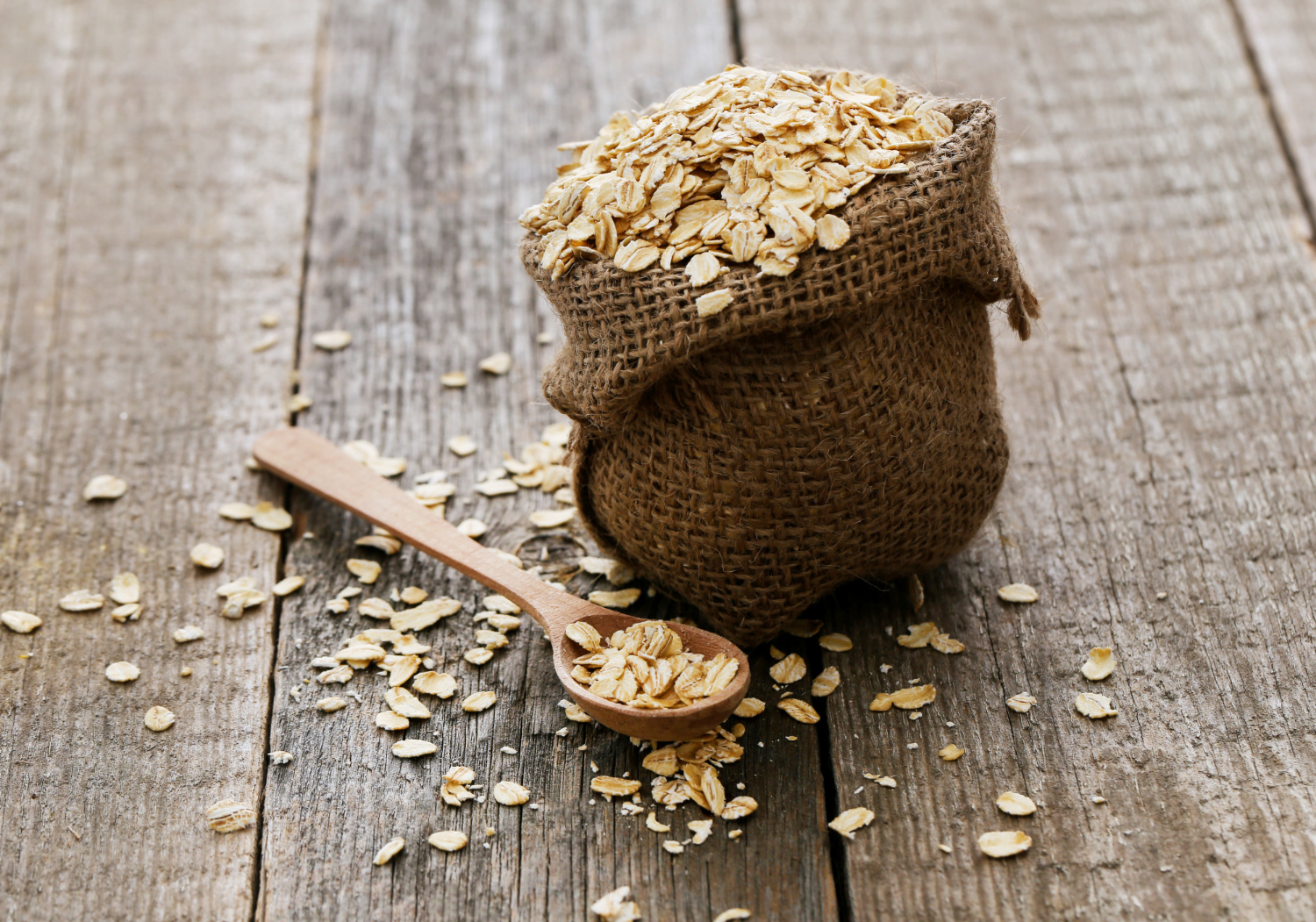Why do we need dietary fiber?
Eating fiber has many health benefits:
- Protection against heart disease – according to the University of Maryland Medical Center, the consumption of soluble fiber has been shown to protect against heart disease by reducing cholesterol levels.
- Gastrointestinal health – the consumption of fiber promotes regular bowel movements and prevents constipation. It may also reduce the risk of developing colitis and hemorrhoids. There is also mixed evidence that consuming fiber might help reduce the risk of colon cancer.
- Diabetes – people with diabetes who consume a lot of fiber tend to need less insulin than those whose fiber intake is low. Fiber can help slow the absorption of sugar, helping to prevent spikes after meals.
- Body weight – a high-fiber intake can significantly contribute toward body-weight control. Fiber produces a feeling of fullness without adding calories (fiber calories are not absorbed by the body) – this can help treat or prevent overweight/obesity.


